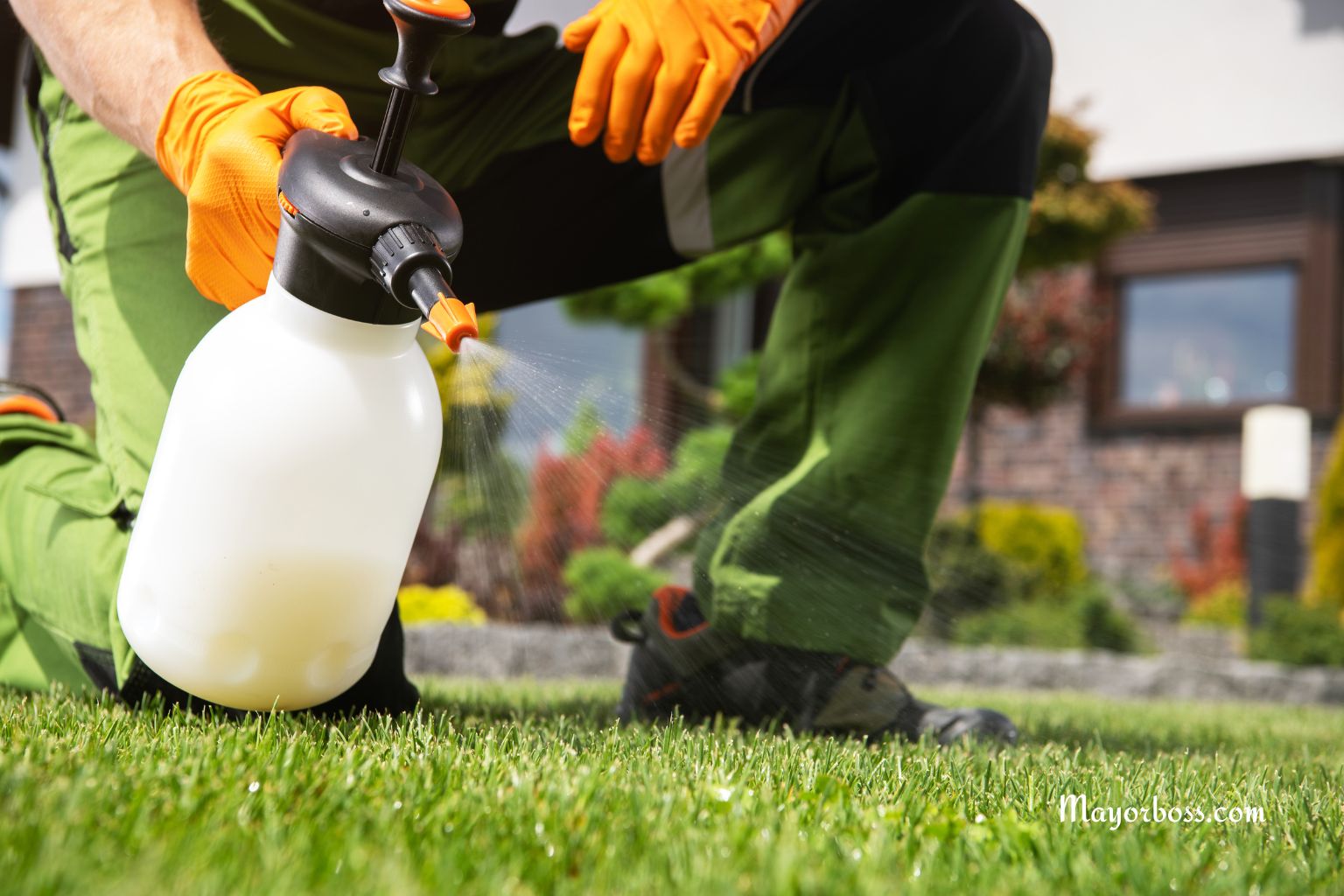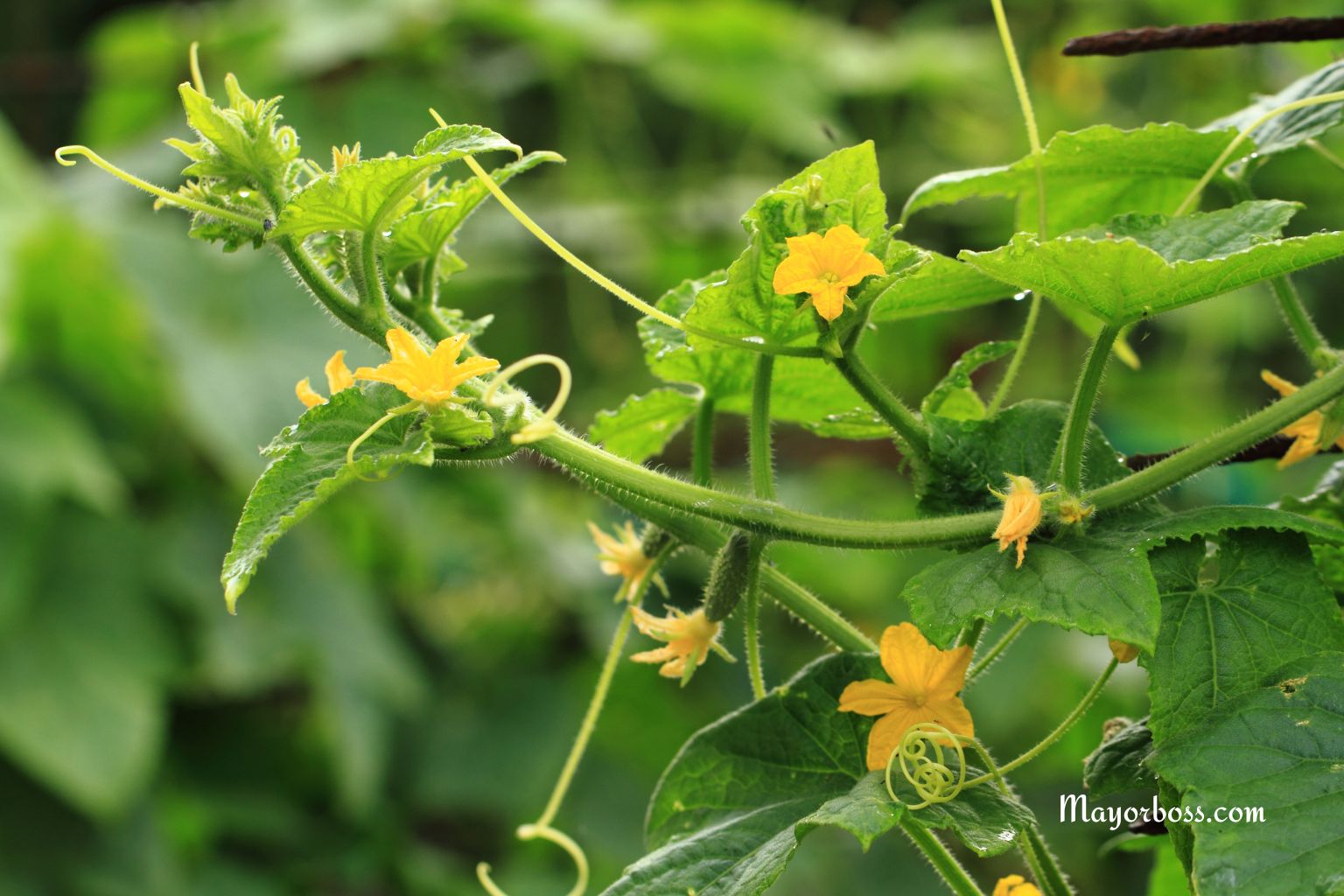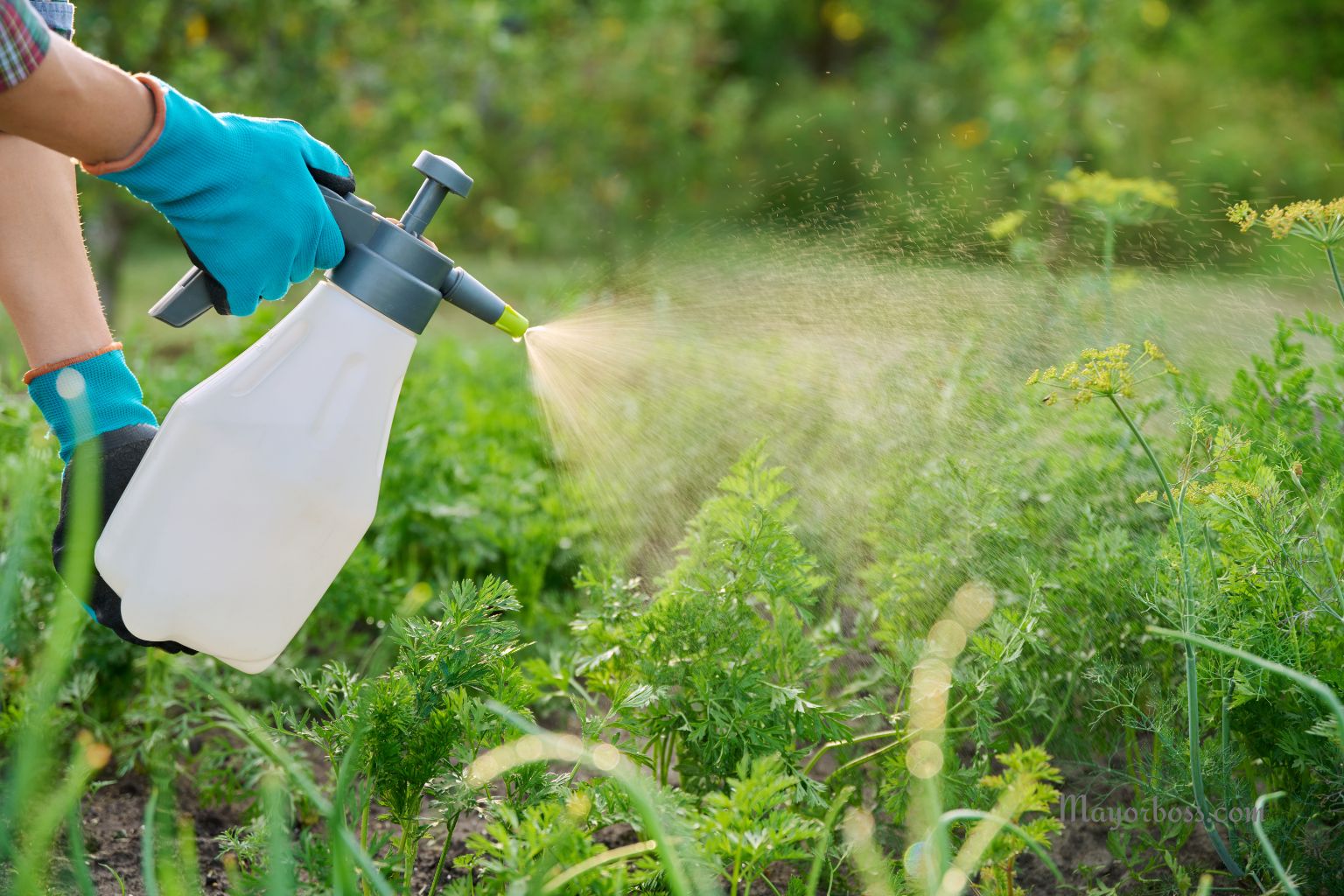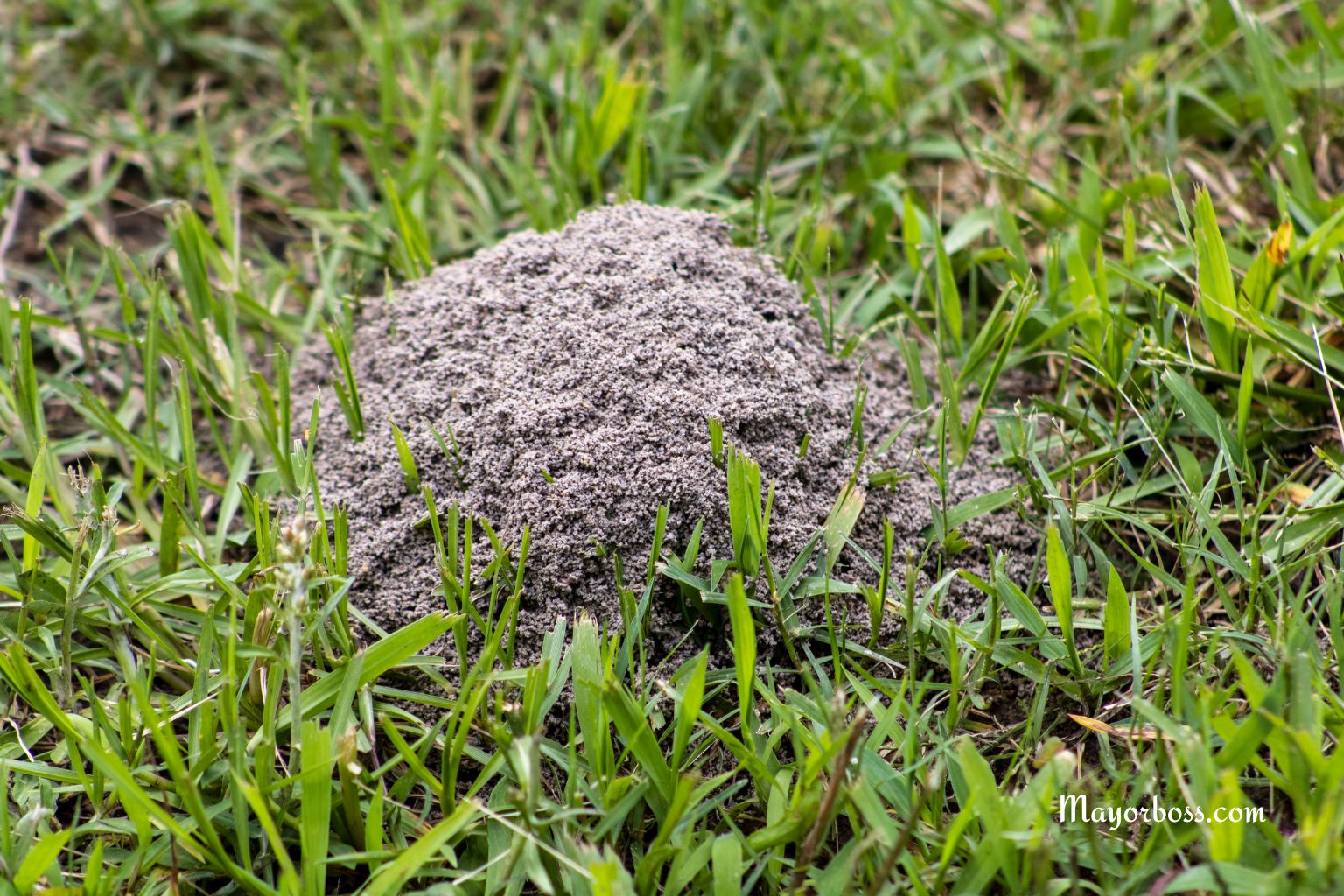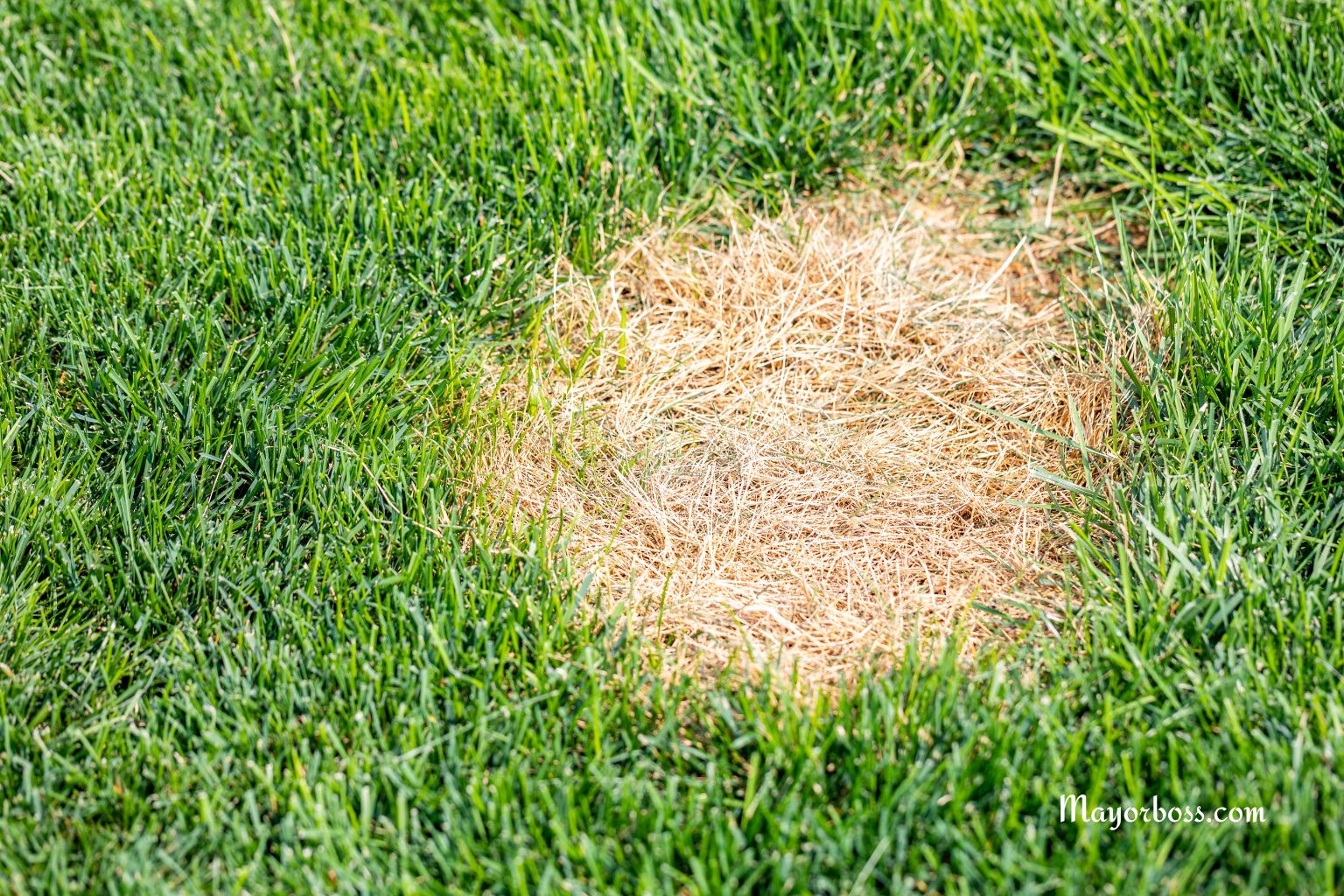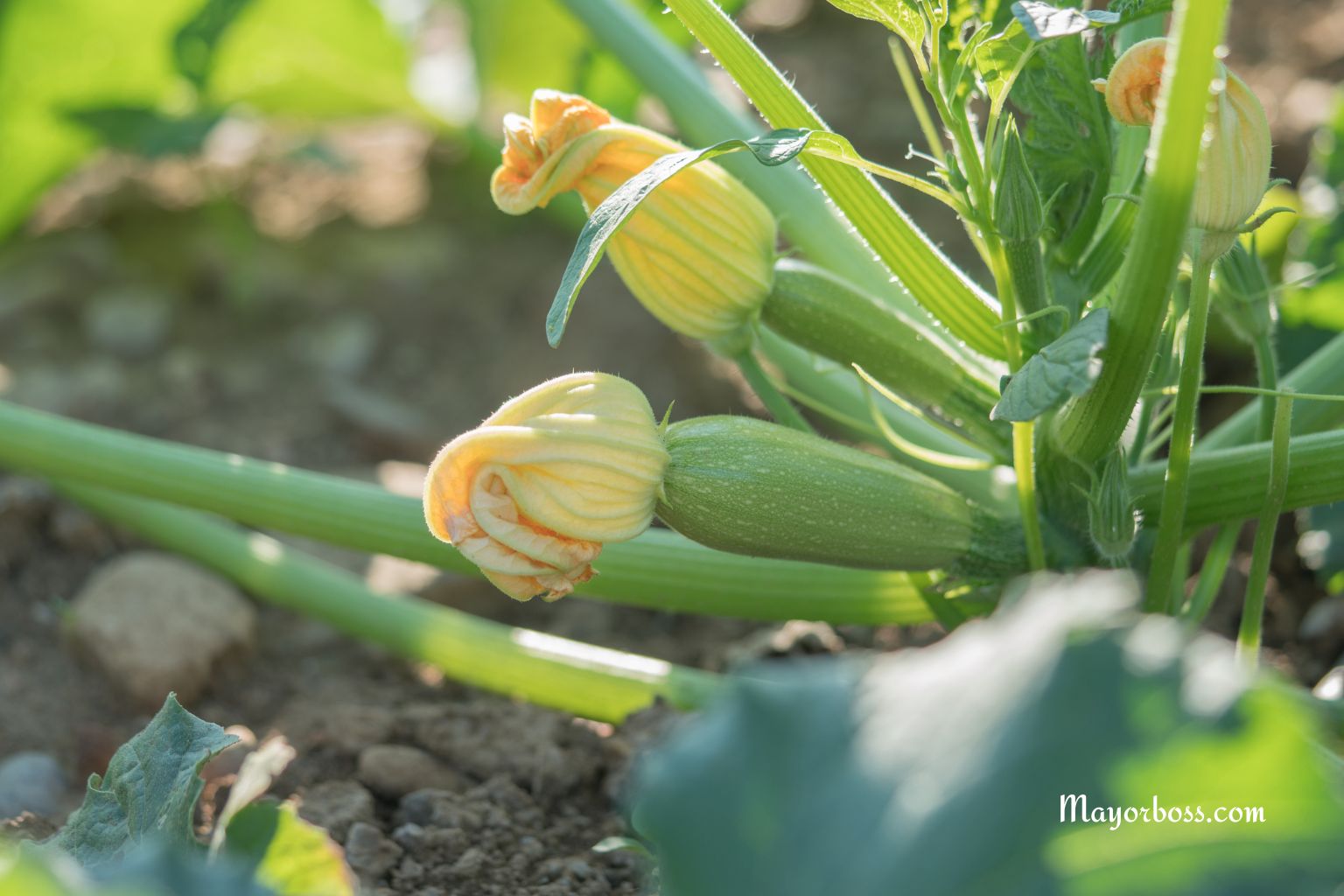Vinegar, Dish Soap and Salt Make a Great Homemade Weed Killer—Here’s How to Use It
To kill weeds naturally, mix vinegar, dish soap, and salt in a spray bottle. Spray directly onto the weeds on a sunny day. This simple blend dries out unwanted plants quickly without using harsh chemicals.
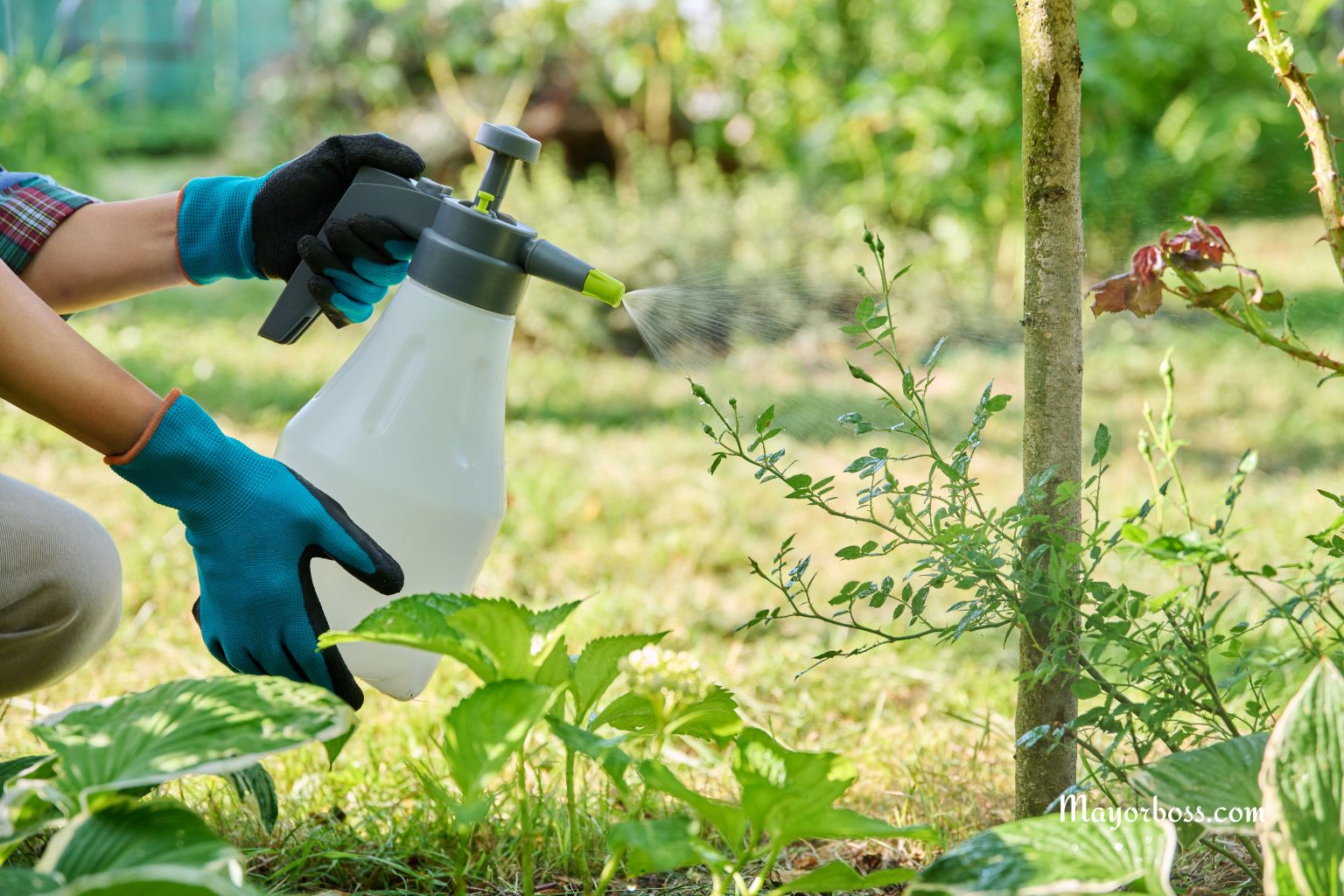
If you are tired of weeds popping up in your yard or driveway, you are not alone. Many people look for simple, safe, and budget-friendly ways to get rid of weeds without turning to chemical products. Homemade weed killers are popular because they use ingredients you likely already have in your kitchen. They are easy to make, quick to use, and, for most people, safer for pets and children compared to store-bought herbicides.
Why This Vinegar, Dish Soap, and Salt Homemade Weed Killer Actually Works
Each ingredient in this mix has a purpose:
- Vinegar acts as the main weed-killing agent. It’s acetic acid content dries out the plant leaves, stopping the weed from growing.
- Salt draws water out of the plant, which helps to kill the root system over time.
- Dish soap breaks down the protective coating on the leaves. This allows the vinegar and salt to work more effectively.
When these three are combined, they form a powerful and natural weed killer.
How to Make the Mixture
You only need a few ingredients:
- 1 gallon of white vinegar (5% acetic acid)
- 1 cup of table salt (regular or Epsom salt)
- 1 tablespoon of liquid dish soap
Instructions:
- Pour the vinegar into a large bucket.
- Add the salt. Stir until the salt dissolves completely.
- Mix in the dish soap gently.
- Pour the mixture into a clean spray bottle.
How to Use the Weed Killer
Follow these simple steps for the best results:
- Choose a sunny, dry day. Sunlight helps the mixture work faster.
- Spray the weed killer directly onto the leaves of unwanted plants. Cover the entire weed, but avoid getting the solution on grass or flowers you want to keep.
- Wait. Within a few hours, you should notice the weeds starting to wilt and turn brown.
- For stubborn weeds, you may need to reapply after a day or two.
Where to Use This Solution
This homemade weed killer is best for:
- Cracks in driveways or sidewalks
- Gravel paths
- Patio stones
- Areas away from lawns or gardens you want to protect
Because vinegar and salt can harm any plant they touch, be careful not to spray it on flowers, grass, or vegetables.
Important Safety and Environmental Tips
While this mix is natural, it is still strong. Here are a few things to keep in mind:
- Avoid Overuse: Repeated use can build up salt in the soil, making it hard for anything to grow in that spot.
- Protect Your Eyes and Skin: Vinegar can irritate your skin and eyes. Wear gloves and eye protection if you have sensitive skin.
- Keep Away from Pets and Kids Until Dry: While the ingredients are common in kitchens, the mixture can irritate if touched before it dries.
Will This Work for All Weeds?
This solution is very effective on young, small weeds. It works by drying out the leaves and roots. However, some deep-rooted or perennial weeds may return, especially if their roots survive below the soil. For large or stubborn weeds, you may need to repeat the treatment or remove the roots by hand.
What to Do If You Spray by Mistake
If you accidentally spray the solution on your lawn or garden plants, rinse the area with plenty of water as soon as possible. This may help reduce damage. Unfortunately, if the solution sits too long, it can cause brown spots or even kill desirable plants.
Why Some People Avoid Chemical Herbicides
Chemical weed killers can be effective, but many people worry about their long-term effects on soil, water, and health. Pets and children often play outside, so using a homemade solution can give you peace of mind. Plus, making your own weed killer at home is usually much cheaper than buying commercial products.
Alternatives to Try
If you want to avoid salt altogether, you can try a simple vinegar and dish soap mix. This is less likely to harm the soil over time but may require more frequent applications.
Some people also use boiling water to kill weeds, especially on driveways or between pavers. This is an even simpler option, though you must be careful to avoid splashing yourself.
Frequently Asked Questions
1. Does this weed killer work on all types of weeds?
It works best on small, young weeds. Some tough, deep-rooted weeds may return if the roots are not killed.
2. Is it safe to use near my vegetable garden?
Avoid spraying near vegetables, as the solution can kill any plant it touches and leave salt in the soil.
3. Can I use apple cider vinegar instead of white vinegar?
Yes, but white vinegar is often cheaper and just as effective.
4. How long does it take for weeds to die after spraying?
Most weeds wilt within a few hours, but complete death may take a day or two.
5. Will this solution harm my pets?
Once the spray has dried, it is generally safe. However, keep pets away while it is wet to avoid irritation.

